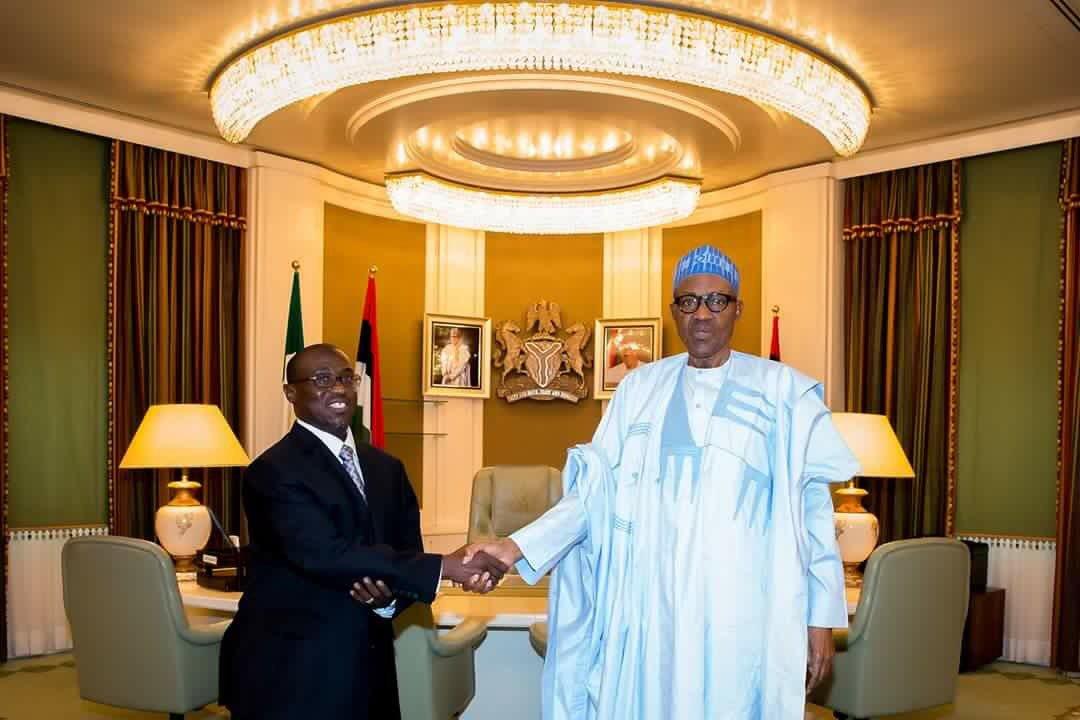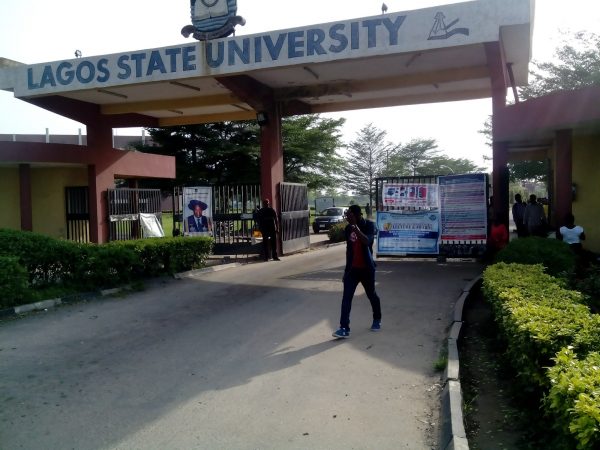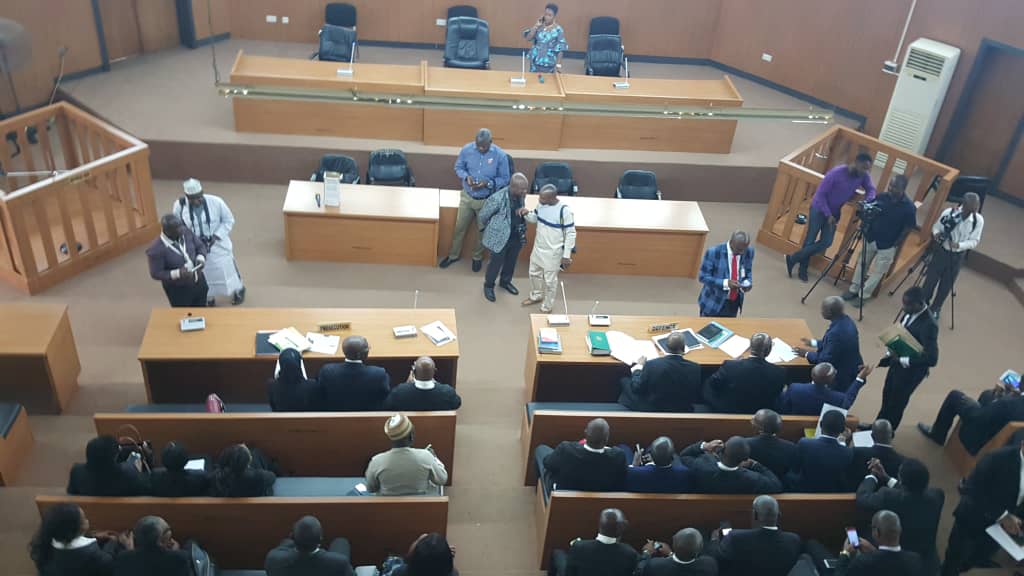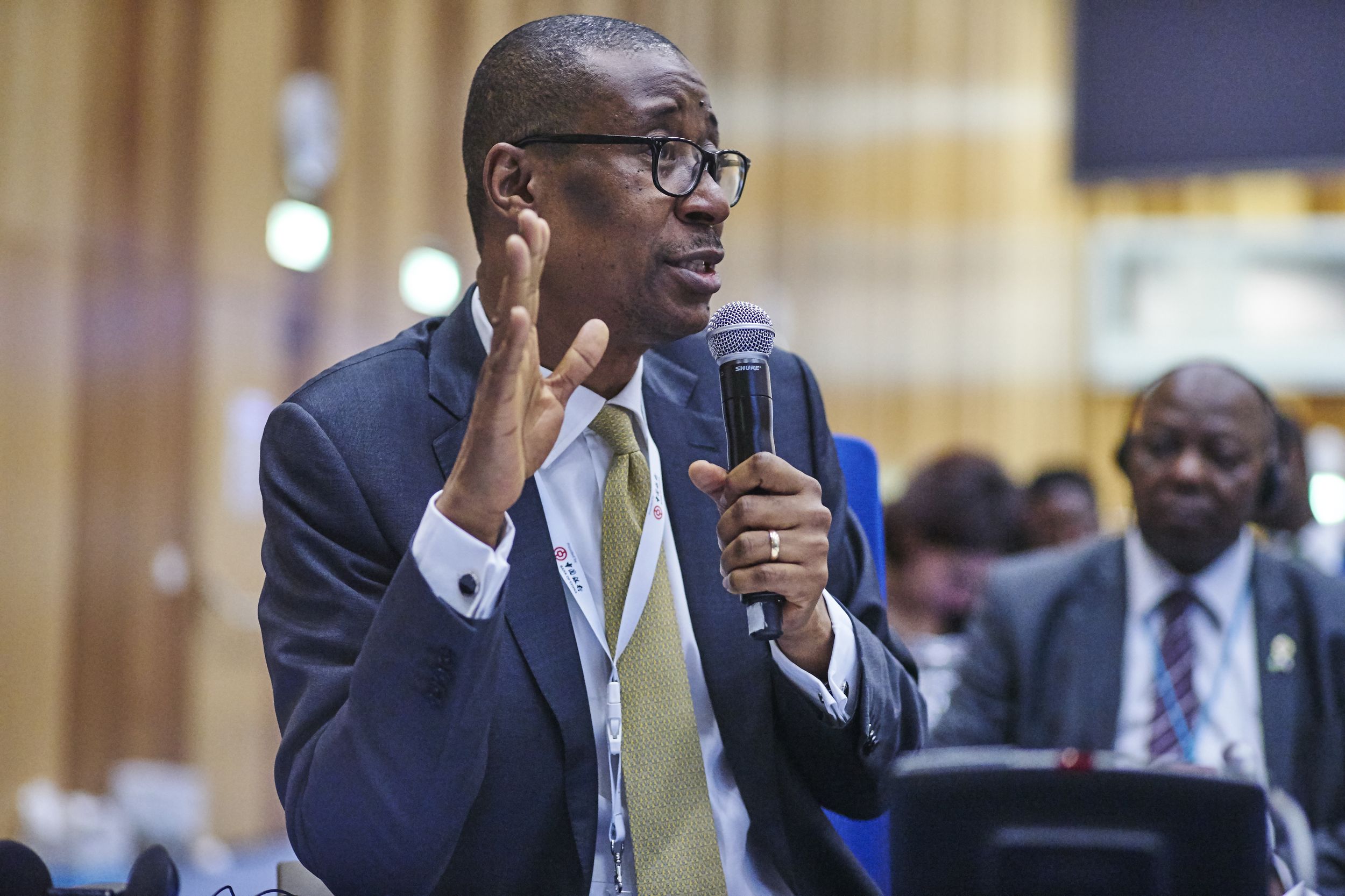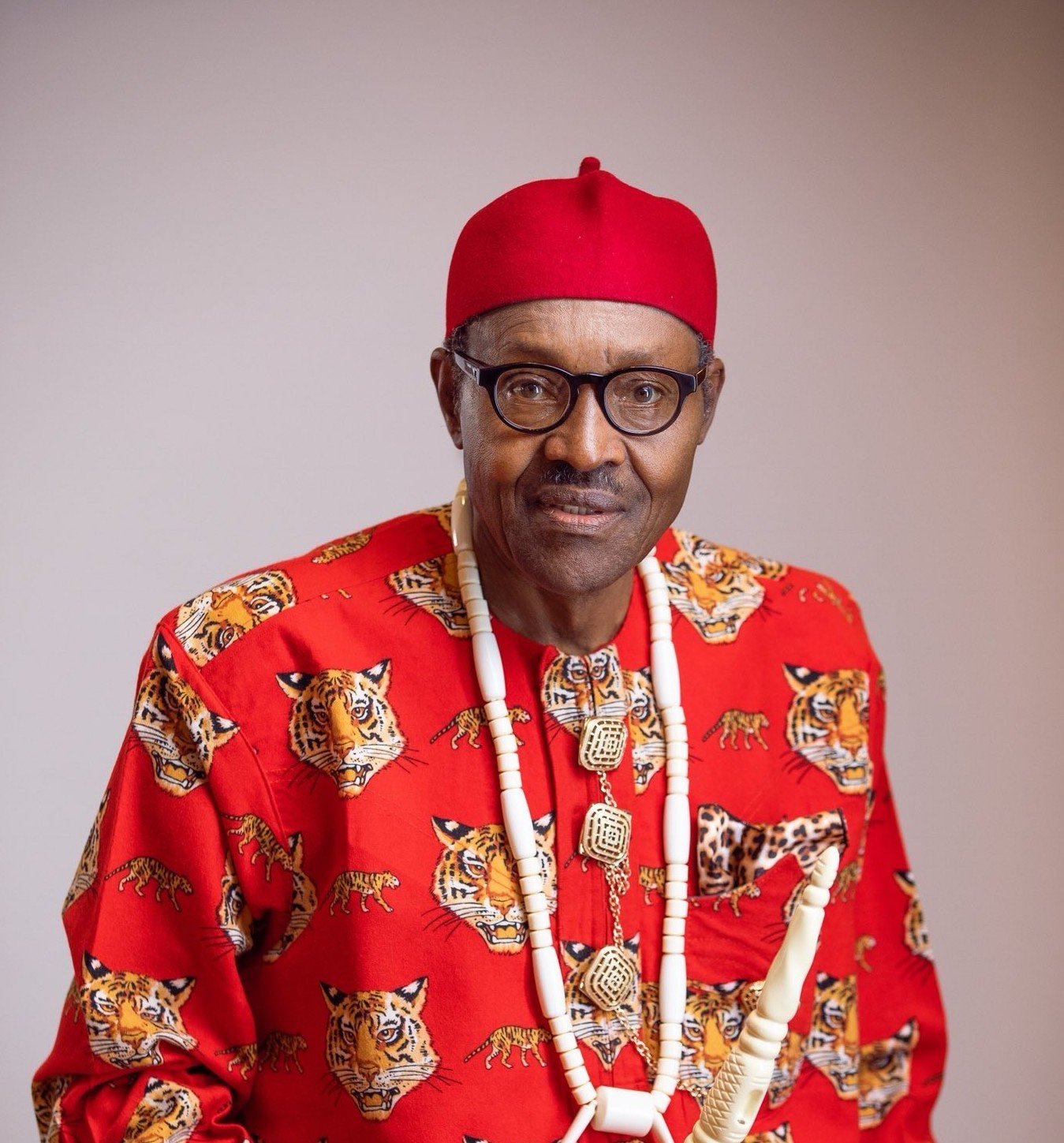Former Vice President Atiku Abubakar made an unpopular statement during the campaign worth a second thought. He said if he was elected president, he would sell off the Nigerian National Petroleum Company (NNPC), even if it would cost him his life.
It didn’t seem anyone was interested in his life, really. Or the point he was trying to make; namely, that NNPC is killing Nigeria. Atiku, being Atiku, his remark was overshadowed by suspicion that the PDP presidential candidate was planning another bazaar for his friends.
But the long petrol lines that resurfaced in some parts of the country last week, followed by panic buying that had NNPC swearing by the barrel that it had enough petrol in reserves, raised again the question of NNPC’s future.
What will Nigeria do with NNPC?
Advertisement
Every NNPC chief executive or petroleum minister said they were running the place in the country’s best interest. That may have been true in the days of Festus Marinho, Aret Adams or Rilwan Lukman. But God knows that the place has since become the ATM of a few.
Between Dan Etete and Diezani Alison-Madueke (two ministers who ran the show within roughly a decade of each other) for example, billions of dollars disappeared, most of it into their private pockets. Etete awarded an oil block to himself, after transferring about $1.1 billion into his own account; while conservative estimates put Allison-Madueke’s theft at $6 billion.
In popular culture, NNPC is the place people go to if they want to steal, and not work.
Advertisement
The NNPC ATM took an innovative turn under former Group Managing Director, Andrew Yakubu. Like his bosses, he also claimed to be running the place in the public interest. Unlike them, however, he brought something new to the office.
To ensure that the ATM was never out of money, Yakubu modified a block of houses in rural Kaduna, and stocked them with $9.8million cash. Some of the cash was lifted in private jets and personally delivered by top bank managers for whom Yakubu had used his position to facilitate concessionary placement of government funds.
When anyone says that NNPC is working in the country’s best interest, you must ask, how? Subsidy, that’s one way, isn’t it? The language has changed though. Subsidy has become a dirty word after multiple petrol price increases failed to deliver government’s promise of regular, unimpeded supply or improved alternative infrastructure.
It’s now officially called “under-recovery” – different words, same difference. Whatever assurances NNPC may give about supply, the public would be foolish to assume that the current price for a litre of petrol is sustainable at N145 per litre. Whether it is subsidy or under-recovery, at current market prices, consumers are paying at least 55 kobo less than the actual price per litre. But NNPC, the current NNPC, cannot look at consumers in the face and say it.
Advertisement
Of course, there have been muted noises from the corporation that it spends N774million daily (for 50million litres of petrol consumed locally) or N1.4trillion yearly. Never mind that. The reason why NNPC would be unable to speak plainly about its misery is that in Buhari’s first term, his government mismanaged the opportunity to follow through the steepest hike in petrol prices in the country’s history with a fundamental restructuring of NNPC.
I’m not just talking about NNPC still being outside the reach of TSA. Or the turf war and self-interest that often leave senior officials working at cross purposes. That’s bad enough. I’m saying that any change in the price of petrol, however slight or steep, that does not follow through with fundamental changes in the way the NNPC is currently being run, will fail.
The restructuring of the downstream sector started two decades ago with government divestment from the major oil marketing companies. Downstream deregulation continued until 2007 when the refineries were put up for sale. But in what amounted to throwing away the baby with the bath water, the government of President Umaru Yar’Adua reversed the process.
And it’s been downhill since, with NNPC not just getting back in play, but actually becoming a Leviathan. Cheap government funds were funneled into building mega petrol stations, in direct competition with private investors who sourced funds at a premium for the same business.
Advertisement
Instead of cutting back, NNPC became even more deeply involved in the value chain. It has now become the sole importer of petroleum products, determining volume – including which distributor gets what – price, and assignment of jetty. Sometimes buyers even pre-pay for products only to be supplied at NNPC’s discretion.
Since discretion is the cousin of corruption, part of the cost of the so-called subsidy is the toll that beneficiaries have to pay for doing business with NNPC. The oil majors have either scaled back or left the field altogether.
Advertisement
On paper, PPMC, a subsidiary of NNPC, has been “unbundled” into three companies. In practice, however, it maintains tight control over depots and a monopoly over pipelines.
These inefficiencies cannot, and will not, be addressed by simply topping up the price of petrol or promising to remove “subsidy gradually”, whatever that means.
Advertisement
Just attempting to follow NNPC’s refined products management account (one of its two main accounts) reveals, in the starkest terms, Anthony Sampson’s immortal words: “All oil business is greasy.” When NEITI, the country’s extractive industry transparency watchdog, laments year after year that it has difficulties reconciling NNPC’s receipts with payments, this, for example, is what it means.
We assume that NNPC has statutory allocation of 450,000 barrels of oil daily. But we don’t know and cannot even assume what quantity of this crude oil is refined in the country, what is consumed locally or what is refined abroad. Our refineries are virtually dead.
Advertisement
So, NNPC determines which refiners abroad take the crude, and exercises a malicious lack of transparency on the volume exported, the price of refining, the cost of importing back the refined products, and how much really goes into the refined products management account. It’s secrecy, uberalles.
When NEITI said crude oil swaps between 2005 and 2012 led to losses of $11.63bn, for example, this is what it means: the more you look into the refined products management account, the less you see. It was here that Diezani made her kill; it’s here that those who came after her and those who will come after those who came after her will make their kill. It’s here that NNPC is digging Nigeria’s grave.
All the talk about subsidy or under-recovery cannot make sense until NNPC comes clean about its accounts and NNPC will not come clean on its accounts unless it is restructured.
The reputational risk that Buhari bears is that he is the Petroleum Minister. By the end of his second term, if he retains the portfolio, he would have been petroleum minister for eight years – the longest since President Olusegun Obasanjo. If, for lack of political will to do the right thing, the NNPC fails as it will under the present arrangement, then Buhari will take the blame squarely.
There is still a window of opportunity for change. Before Dangote’s refinery comes on stream to compound NNPC’s misery, the government should hands-off the downstream. It should sell off the refineries, reorganize DPR, and break up PPMC’s depot and pipeline units by rearranging the assets into regional clusters, with open access.
With some of the lessons learnt from the restructuring of the power sector and changes to make the system fit for purpose, Buhari urgently needs a roadmap to make NNPC work for the country.
For too long, the place has worked for a few who never quite lack big grammar or the political clout to make the public believe that we’re living on subsidy. Maybe. But the evidence suggests that these same elite are the bigger beneficiaries of subsidy. They’re digging our grave.
Ishiekwene is the managing director/editor-in-chief of The Interview and member of the board of the Global Editors Network.
Views expressed by contributors are strictly personal and not of TheCable.
Add a comment

